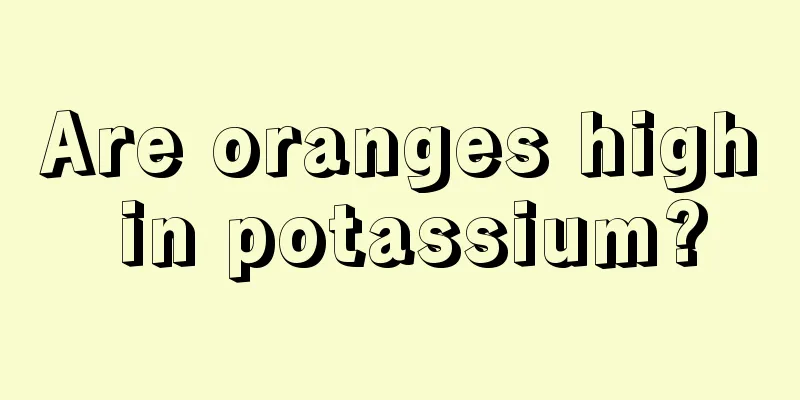What are the symptoms of protein loss

|
Protein loss may not sound like a big problem, but in fact, excessive protein intake can be harmful to the body. If protein is gradually lost along with some elements, the body will also have many serious problems. For example, lack of protein can cause muscle relaxation, physical deterioration, and damage to kidney function, resulting in poor kidney function. In severe cases, it can lead to calcium loss in the bones and osteoporosis. Basic symptoms Excessive performance Excessive intake of protein, especially animal protein, is also harmful to the human body. First of all, excessive intake of animal protein will inevitably lead to the intake of more animal fat and cholesterol. Secondly, too much protein itself can have harmful effects. Under normal circumstances, the human body does not store protein, so excess protein must be deaminated and the nitrogen excreted from the body through urine, which increases the metabolic burden. Moreover, this process requires a large amount of water, which increases the burden on the kidneys. If the kidney function is not good, the harm will be even greater. Excessive intake of animal protein also results in excessive intake of sulfur-containing amino acids, which can accelerate the loss of calcium in the bones and easily lead to osteoporosis[1]. Deficiency Protein deficiency occurs in both adults and children, but growing children are more sensitive. Common symptoms of protein deficiency are decreased metabolic rate, reduced resistance to disease, and susceptibility to illness. The long-term effect is organ damage. Common symptoms are slow growth and development in children, weight loss, apathy, irritability, anemia, and emaciation or edema, and secondary diseases due to susceptibility to infection. Protein deficiency often coexists with energy deficiency, which is called protein-energy malnutrition. There are two types of malnutrition. One is a nutritional disease in which energy intake is basically met but protein is seriously insufficient, called Gastica disease. The other is "emaciation", which refers to a nutritional disease characterized by severe insufficiency of both protein and calorie intake. Main properties ①Have both sexes Protein is a high molecular compound composed of α-amino acids through peptide bonds. There are amino groups and carboxyl groups in protein molecules. Therefore, similar to amino acids, protein is also an amphoteric substance. ②Hydrolysis reaction may occur Proteins undergo hydrolysis under the action of acids, alkalis or enzymes, and finally produce a variety of α-amino acids through polypeptides. When hydrolyzing proteins, the "breaking points" of the bonds in the structure should be accurately identified, and the peptide bonds will be partially or completely broken during hydrolysis. |
<<: Can sweet potatoes and broad beans be eaten together?
>>: What are the grading standards for muscle tone?
Recommend
What are the methods of hair care
We all know that if the hair looks good, people w...
This symptom may be caused by lumbar disc bulging
Lumbar disc bulging is a common lumbar spinal dis...
Is black wolfberry bitter?
Black wolfberry is a very popular health product ...
Is interventional treatment useful for advanced liver cancer? It has a certain effect
Interventional treatment for advanced liver cance...
Remove forehead wrinkles, these tips can help you
As we age, wrinkles will gradually appear on our ...
What to do if you feel sick and nauseous after eating
When eating, if you eat too much greasy food, it ...
What happens if your breastfeeding bra is too tight?
Wearing underwear is one of the most important is...
Can lymph nodes cause headaches
Many people often feel lumps on their necks when ...
What are the effects and contraindications of red bean milk?
Red beans, also known as adzuki beans, are a comm...
Is it harmful to brew tea in a sterling silver cup?
In ancient times, silver cups could be used as co...
What is the cause of drowsiness after subtotal thyroid cancer resection
Drowsiness after subtotal thyroid cancer resectio...
Are esophageal cancer and laryngeal cancer contagious?
Are esophageal cancer and laryngeal cancer contag...
Which methods can be used to remove lip hair so that it won't grow longer?
We have carefully analyzed the question of whethe...
Congenital sweat gland dysplasia
Sometimes you may find such a phenomenon: in very...
Experts explain the three most common diagnostic methods for brain cancer
With the advancement of medical technology, there...









